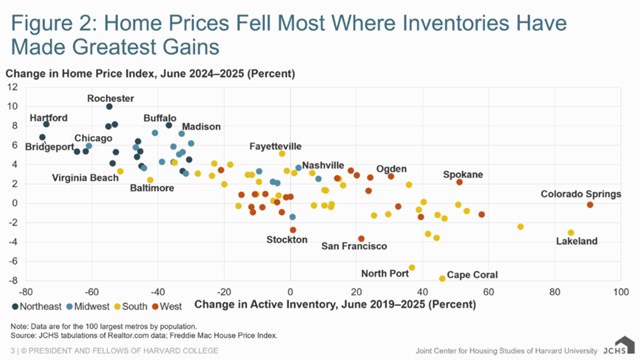The co-op application process is one of rigor and induced anxiety, whereby aspiring shareholders are scrutinized not only for their finances, but their character and demeanor as well. The length of the review varies by association, but it often takes as many as 30 or even 45 days before a final decision is rendered.
Specifically why the review process needs to be this involved is well-established: a board is trying to find a qualified candidate that, at the very least, will be able to adhere to the established (and potentially extensive) house rules and bylaws while being financially reliable. And ideally, the personality of the new shareholder will gel with the existing residents, such that they'll integrate well and become a valuable member of the community. Assuring all of this is no small feat.
With that in mind, are there external or internal factors that can motivate a board to expedite the review of an application? Political ramifications? Market concerns? A rash of shareholders looking to sell simultaneously? The Cooperator reached out to several property managers in order to ascertain what it may take – if anything – for a board to pick up the pace.
Supply and Demand
One factor that tends to render the application process a fixed one is that, for New York City co-ops, the demand for residential real estate is almost always higher than the supply, even when the market is in a relative downturn.
“People applying is the least of our problems,” admits Abdullah Fersen, CEO of Newgent Property Management in Yonkers. “Even around 2008 [during the financial crisis], value, especially in Manhattan, went down 8-10 percent, but this had little effect on demand. People expressed desire to relocate, but that still didn't really affect the process. Manhattan has always proved to be very strong in regard to having strict boards that respect the application system, and even during tough times from a real estate sales standpoint, people were still responsive.”
Peter von Simson, CEO of New Bedford Management in Manhattan, explains that, in his experience, when multiple sales applications are submitted over a short period of time, they try and schedule several interviews with the board on the same night. Barring that, they will split up the board such that different members can interview different candidates and share their reviews, thus ensuring everyone is well-tended-to without cutting any corners. “I have never seen a board curtail the process due to the volume of applications,” he notes.
And Stephen Elbaz, founder and president of Esquire Management Corp. in Brooklyn, notes that, the few times he's known a board to fast-track their usual routine, it hasn't correlated with the real estate market at all. “It's when an outgoing shareholder is a nightmare; the kind of person that sues all the time, takes up three parking spaces, or their dog pees in the hallway,” he says. “Stuff so offensive that the board just can't wait to get the person out. That, or when the friend of a board member or someone with a relationship to the board wants to buy in, that can get a fast-track.”
Costs Versus Benefits
While co-ops may not be spurned to hastily meet with applicants, there can be a downside to taking too much time with reviews.
“Buildings don't want to get a reputation for being slow with the process,” warns Elbaz. “That can hurt apartment values in general, because brokers want to make deals, and will thus steer buyers away from buildings where boards are agonizingly slow toward quicker associations. Which is why I encourage my boards to move a little faster, the better to cultivate a reputation as a good building where deals move quickly. That more than anything else helps values, because it encourages the brokerage community to deal in that property.”
And Fersen adds that his company will prepare all requisite application or questionnaire paperwork ahead of time, such that they are ready and automated when a broker or the board calls for a sale. “This way, our turnaround as management is probably one of the fastest in the city,” he says.
Structural Issues
Finally, in response to the above, Jeffrey M. Heidings, president of Siren Management in Manhattan, explains that the very nature of a co-op is such that all of the shares are accounted for at any given time, even if some shareholders opt to leave their units empty; or in a new construction, some shares are still held by the developer. To this effect, there is never necessarily a 'vacancy' that urgently needs be filled, and there is thus less impetus to speed through an approval process, which is why those interviewed consistently attest to market fluctuations having little impact.
“The boards I work with treat every applicant the same,” concludes Josh Koppel, president of H.S.C. Management Corp. in Yonkers. “And honestly, I don't think that a board should be concerned with fast-tracking approvals. At the end of the day, it's all about protecting the co-op, and, as such, a board should not be so willing to change its procedures.”
Mike Odenthal is a staff writer at The Cooperator.







4 Comments
Leave a Comment